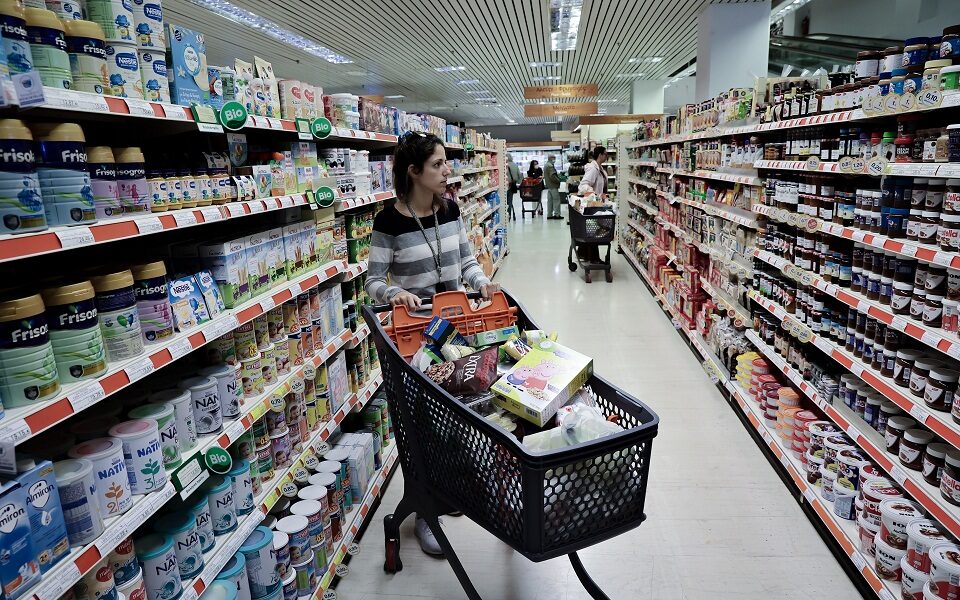Harmonized inflation rises to 3%

The resurgence of inflationary pressures is causing a new headache for the government and households.
This is a result of the recovery in energy prices, the maintenance of high food prices, as well as the large and numerous price increases in a range of services, from food and accommodation to transport, insurance and medical services.
Therefore, after two months when the European Union-harmonized index of consumer prices in Greece was below 3% (2.4% in May and 2.5% in June), it returned to 3% in July, according to Eurostat estimates announced on Wednesday, and is the fourth highest in the eurozone, whose average index climbed from 2.5% in May to 2.6% in June.
A de-escalation of prices in Greece over the next period seems extremely difficult, given the new geopolitical developments in the Middle East and the effect that a generalized conflict can have on the price of oil, the consequences of the climate crisis on agricultural raw materials in Greece and internationally, as well as the price hikes – which came with a time lag in relation to energy and food – in a range of services.
At the same time, the continued attacks of the Houthi rebels in the Red Sea and the change of trade routes around Africa continue to keep the cost of importing raw materials and final and intermediate products high.





